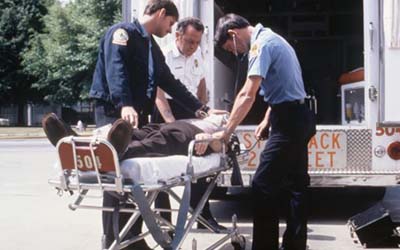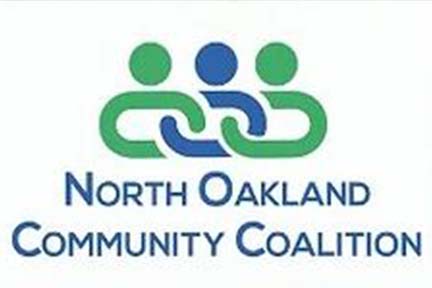
MDHHS provides $5 million to 12 universities
Press Release FOR IMMEDIATE RELEASE: June 4, 2024 CONTACT: Lynn Sutfin, 517-241-2112, [email protected] MDHHS provides $5 million to 12 universities to increase LANSING, Mich. – The Michigan Department of Health and Human Services (MDHHS) has provided $5 million to 12 Michigan universities to provide $30,000 stipends to students seeking to obtain a master’s degree in social work and who commit to working in behavioral health in the state upon graduation. The Bachelor of Social Work (BSW) to Master of Social Work (MSW) Program seeks to increase the number of master’s degree level social workers in the behavioral health workforce throughout the state. The program provides one-time, $30,000 stipends to bachelor’s level social workers who agree to enter a full-time advanced standing MSW program and provide at least two years of full-time employment in public sector behavioral health in Michigan. “This program is another investment by the state to increase access to behavioral health care for Michigan families,” said Elizabeth Hertel, MDHHS director. “We are committed to helping families access behavioral health care services when and where they need them. We anticipate up to 150 students will be able to obtain their master’s degree in social work through this program.” Award amounts were calculated based on average number of students in the advanced standing MSW program, average student loan debt and demographic diversity. The following Michigan universities received funding:
Participating universities will now work to contract eligible students into the program to begin working toward their MSW degree. Students are required to enroll in a full-time advanced standing MSW program. The length of the program can vary from university to university; however, it is generally three semesters, or one year. For additional information, email Jilliann Betzer at [email protected]. |











